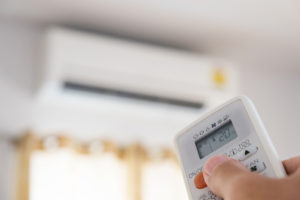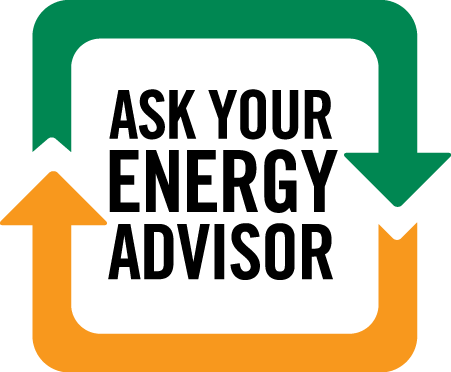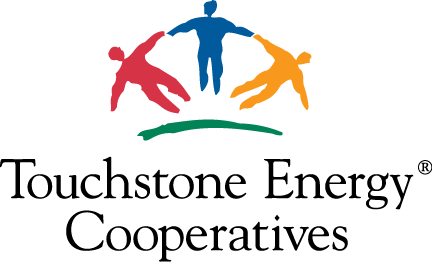
Our home and energy habits need to adapt to each season. Here are a few suggestions to consider for the coming warmer weather season.
A heat wave assaults the senses. You can feel the extreme warmth on your skin, odors intensify, and you can see the heat rising from the pavement, bending upward in the sizzling temperatures.
And what’s that you’re hearing? It’s your air conditioner running and the sound of your bank account drying up.
Heating and air conditioning your home can account for almost half of your home’s energy use, according to the U.S. Department of Energy. Here’s how to cut those costs during the summer:
Improve plantings around your house
Most heat that accumulates inside a house comes directly from the sun shining on the roof or through windows. Planting leafy trees around the exterior of your house helps block the sun from heating the inside of your home.
Even for the cost of going to the nursery and buying a 15- to 20-foot-tall tree, this is still the best value.
If the trees or shrubs shade your air conditioner, you could increase your AC’s efficiency by up to 10 percent according to the U.S. Department of Energy.
Invest in window screens
Solar screens, or mesh-like window screens, intercept up to 70 percent of solar energy before it gets into the house. Window screens are particularly effective on east- and west-facing windows, according to the U.S. Department of Energy.
Window films are another option. They are transparent, metalized sheets that reflect heat before it can be transmitted through glass. However, windows must be shut for window films to work, while solar screens do double duty, keeping sun and insects out even with windows open.
Skip the boiling and baking
Skip the stove-top boiling and oven baking during hot spells. Reduce indoor heat by making microwave nachos or eating a cool salad. If you must boil pasta for tomorrow’s potluck, cook in the evening.
After cooking, turn on the kitchen exhaust, and turn on the bathroom exhaust fan after a hot shower.
Pay attention to speeds
Put the AC fan speed on high, except on especially humid days, says the U.S. Department of Energy. On humid days, place the speed on low. The slower air movement through the air-conditioning equipment removes more moisture from the air, improving comfort in your home.
Don’t be quick to switch it on
Step in the shower, spray yourself with a water bottle or use a cool cloth on the back of your neck. And if you don’t chill out right away, don’t give up. Your comfort range depends on the temperatures you have experienced in recent days and weeks; changing habits takes time.Source: http://www.bankrate.com/personal-finance/
Ask your Energy Advisor
Let us be in your plan for energy efficiency. Has your energy use been fluctuating? Are you looking for a practical way to save on your electric bill?
A home energy audit’s purpose is to identify places in the home where energy is being wasted and prioritize the projects needed to fix them. Call Consolidated today at 800-421-5863 to find out more about the Energy Audit program.






